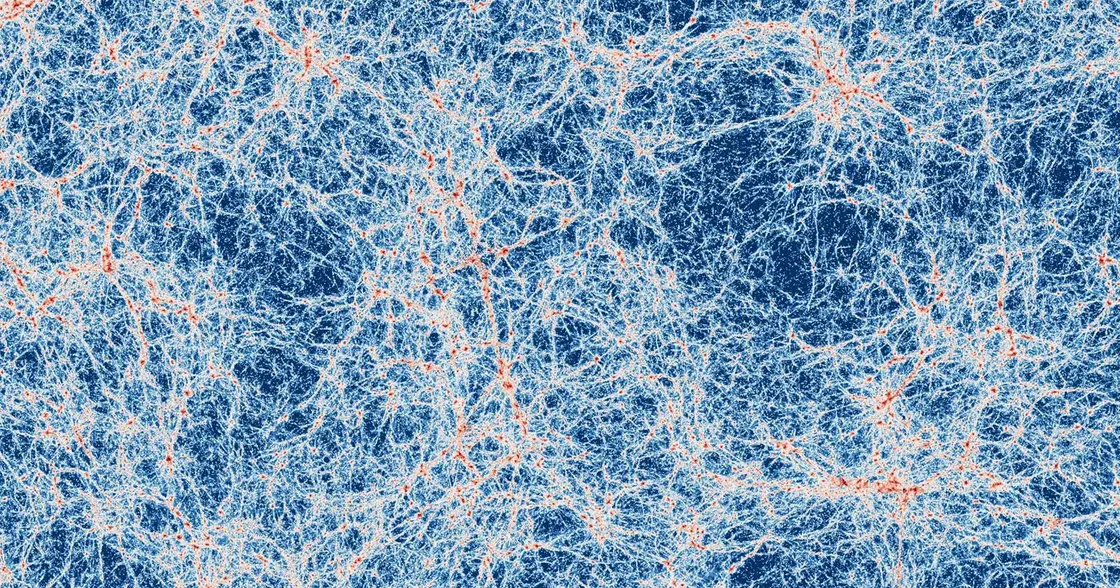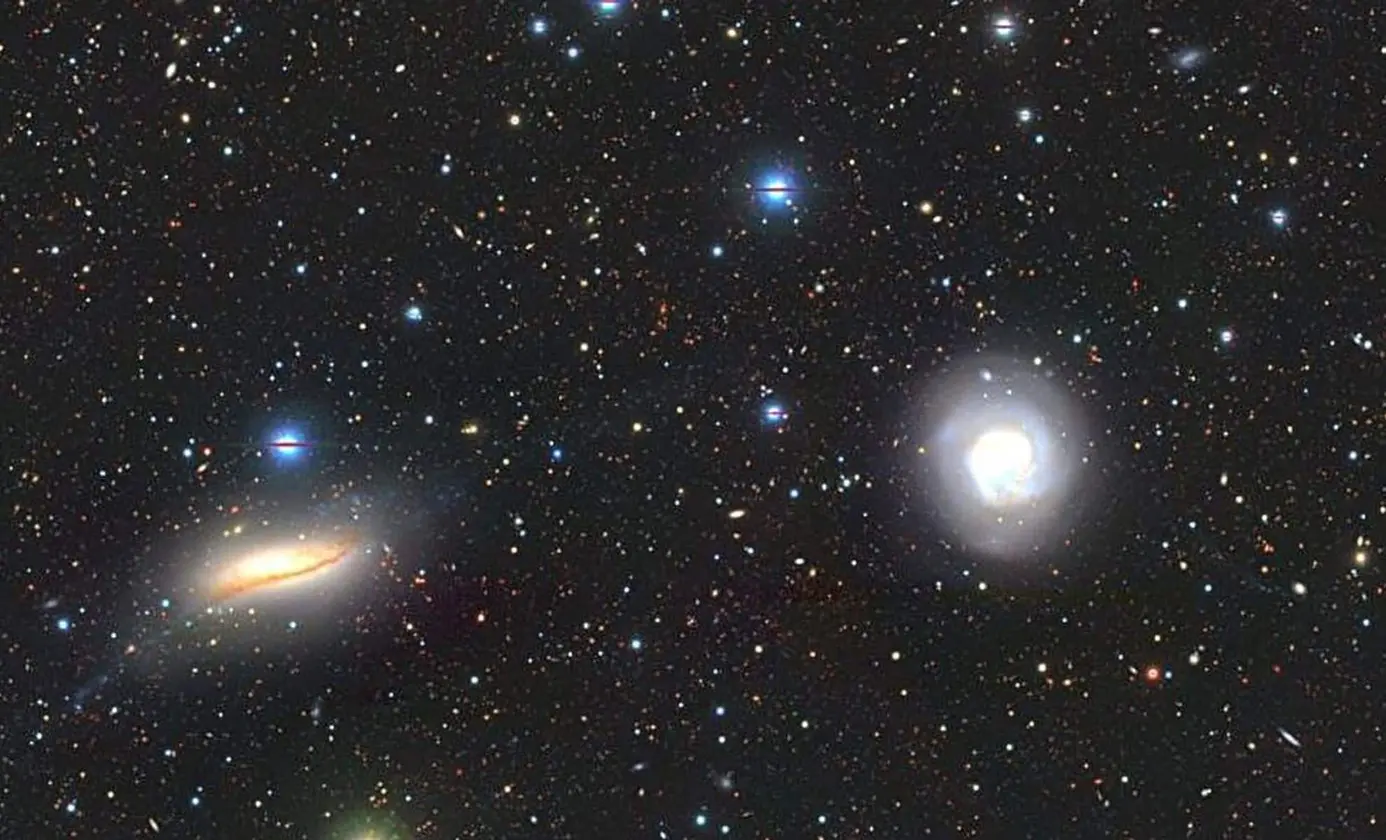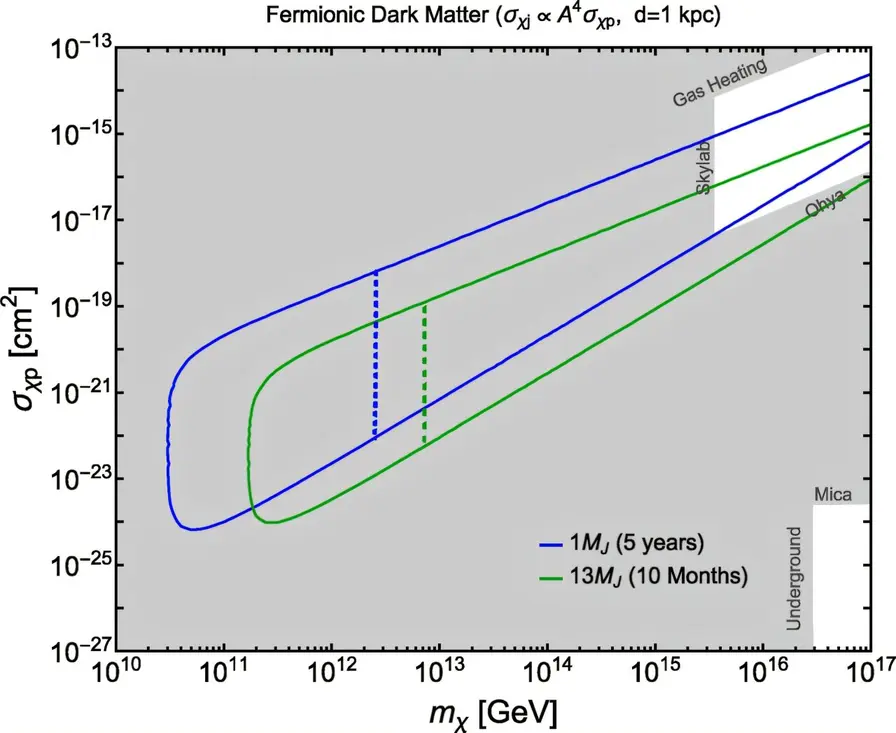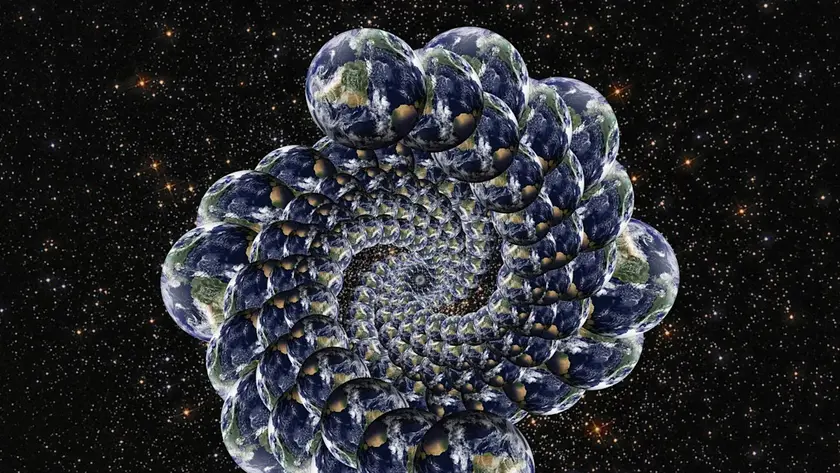T4K3.news
Dark matter paths explored by new theories
Two papers propose dark matter from a dark sector black hole or from Hawking radiation at the cosmic horizon.

Two new ideas by Stefano Profumo propose dark matter arising from a hidden dark sector and from Hawking radiation at the cosmic horizon.
Dark matter could form from tiny black holes and Hawking radiation at the cosmic horizon
A pair of papers by Stefano Profumo in Physical Review D lays out two unconventional routes to dark matter. In the first, dark baryons in a dark sector could be heavy enough to collapse into tiny black holes. If their Hawking radiation is suppressed, these micro black holes might persist and act as dark matter. In the second, the inflationary history of the early universe could create cosmic horizons that function like inverted event horizons. Hawking radiation at these horizons could transform energy into dark matter particles.
Profumo emphasizes that these ideas are exploratory and invite a broader search beyond the traditional WIMP model. The work situates dark matter as a problem that could involve hidden sectors and horizon physics as well as particles. The two papers were published in Physical Review D on May 9 and July 8, signaling a push to widen theoretical horizons as experiments have yet to confirm WIMPs.
Key Takeaways
"My attitude is that we've tried very hard to think about dark matter as a particle, but it hasn't worked out so far."
Profumo on shifting away from a particle-only view of dark matter.
"The aim of the game is to understand the breadth and scope of what dark matter could be, and to cast the net as wide as possible."
Profumo describing the purpose of exploring multiple models.
"Maybe [dark matter] is as simple as that."
Profumo on the horizon-based Hawking radiation idea.
The article highlights a shift in thinking about dark matter from a single particle candidate to a wider field of possibilities. It shows how cosmology and particle physics are crossing paths to test ideas that are hard to prove with existing detectors. The risk is that speculative ideas could outpace data, so researchers must pursue clear tests and cross checks in observations and simulations. If these theories gain traction, funding and collaboration may tilt toward interdisciplinary work that blends early universe physics with dark matter phenomenology.
Looking ahead, confirming or refuting these models will hinge on indirect clues from cosmology and novel experiments. Gravitational wave signals, cosmic microwave background anomalies, or tailored dark matter detectors could provide hints. The debate underscores how much we still do not know about the universe and how many paths there are to uncover the truth.
Highlights
- Dark matter could hide in a mirror world of particles
- The universe may have borrowed a page from black holes to hide its mass
- We must cast the net wide to catch the truth about dark matter
- Hawking radiation at the horizon might seed unseen matter
Scientific uncertainty and untested models
The ideas are theoretical and rely on speculative physics. They require observational or experimental tests and peer review to gain traction.
The quest to understand dark matter keeps expanding into new ideas and new collaborations.
Enjoyed this? Let your friends know!
Related News

New theory suggests hidden physics may exist

Dark matter idea gains new ground

Astronomers capture first images of cosmic web

Hellblade II Enhanced Edition review live

Milky Way Andromeda collision expected

Nuclear Clock Opens Hidden Universe

Exoplanets could reveal planet sized black holes if dark matter is heavy

Dark matter may come from a mirror universe
